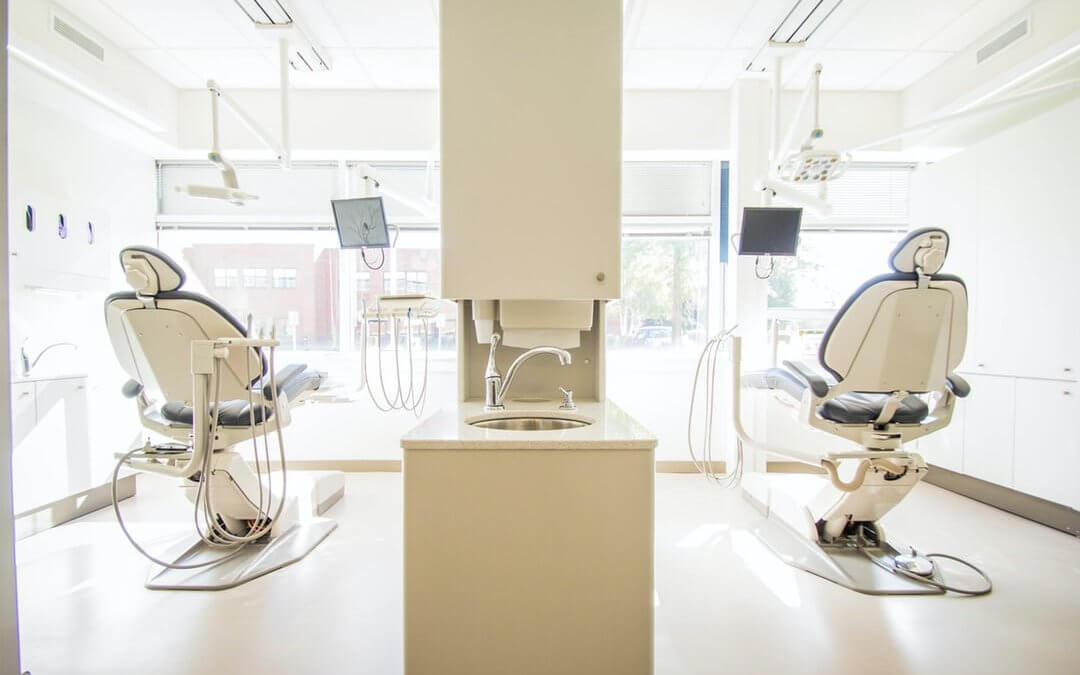Did you know that the American Dental Association recommends kids get their teeth cleaned every six months? During the pandemic, approximately 40% of parents didn’t want to schedule dental health appointments for kids.
Dental care is vital for your child’s overall health and wellbeing. Local safety measures have made it safer for your kids to start revisiting the dentist, but there are things you can start doing today at home that will help your child’s dental health.
Are you interested in learning about proper dental care for your child? We have put together seven helpful tips that will make a difference when you visit the dentist next, so keep reading for more information!
1. Regular Brushing
Most experts suggest that children and adults brush twice a day. Where did this number come from?
Plaque takes approximately a day to build up and convert into tartar. Once it hardens into tartar, it usually requires a dental appointment to get rid of. Tarter is hard and requires specialized tools that scrape it off.
Brushing twice a day and incorporating flossing can help children prevent plaque and tartar from building up. Regular brushing includes brushing and cleaning your child’s tongue. Bacteria and microbes can congregate on the tongue, causing increases in oral bacteria and bad breath.
Lastly, regular brushing helps keep children’s gums healthy. Plaque, acid, and tartar on teeth can spread to soft tissues. Once bacteria starts into gums, it can progress to gum disease. Eventually, this leads to periodontal disease, tooth decay, and tooth loss.
2. Avoid Excessive Sugar
Sugar is one of the leading causes of dental cavities. When your child eats too much sugar, it combines with the bacteria in their mouth and converts into acid. Over time, the acid eats away at enamel resulting in cavities or tooth decay.
What can you do to help prevent cavities?
For starters, limit sugary drinks and sweets. Next, implement fluoride into your child’s toothpaste or mouth rinse.
Fluoride is naturally added to drinking water and can help reverse tooth decay. Regular brushing and flossing can also help prevent plaque from sneaking in hard-to-reach places.
3. Regular Dental Appointments
Yes – even your kids need dental appointments. The best dentist will have a pediatric background since children’s developing teeth and jaw present unique cases.
A pediatric dentist has the same pedigree and training as a general dentist with added exposure to pediatrics. The additional training helps pediatric dentists learn more about this unique patient population and effective communication strategies.
Dental appointments can be scary for children, and having a compassionate pediatric dentist can make all the difference! What does your local dentist focus on?
- First dental visits
- Preventive care
- Restorative care
- Sedation for procedures
Pediatric dentists recommend children start visiting the clinic around their first birthday.
4. Practice Makes Perfect
Practicing dental hygiene starts with following your lead. Take the time and teach your young children how to brush and rinse their mouths properly. Make it a twice-a-day habit, and soon, your children will take the initiative on their own.
How should you teach your kids the perfect brushing technique?
- Set a timer for two minutes
- Run the bristles under cold water
- Place pea-sized toothpaste on bristles
- Emphasize brushing everywhere
- Spit
- Rinse
- Repeat morning and night!
Make it fun for your kids by letting them choose out their toothpaste flavors and type of toothbrush. You can even play some fun music and brush alongside them.
5. Eat Healthily
Children’s eating plays an essential role in oral and dental health. What kind of foods can help your child’s teeth and gums?
- Cheese
- Carrots
- Whole wheat bread
- Broccoli
- Eggs
- Apples
- Yogurt
White bread and starchy foods easily break down into sugars and aren’t ideal for your child’s health. Vitamins, calcium, and natural probiotic bacteria all work together and help prevent harmful bacteria and plaque from building up.
6. Watch Out for Germs
Germs have been the highlight of every news stream during the past two years. While they are inevitable at times, one of the top dental care for kids tips is avoiding sharing utensils, drinks, pacifiers, and swapping out their toothbrushes regularly.
The American Dental Association (ADA) suggests changing your toothbrush every three to four months. If a child’s toothbrush and bristles appear worn out before then, you can always swap sooner.
Additionally, if your child’s been sick, you should replace their toothbrush once they have recovered. Keeping the same toothbrush after a cold or illness will just spread more bacteria in the mouth.
7. Start ‘Em While They’re Young
Did you know that you can start oral hygiene and care for infants? A damp washcloth over your baby’s gums can help keep them healthy and avoid bacteria from building up.
Once the first tooth starts popping through, you can use a tiny amount of fluoride toothpaste and water. You can start upping the toothpaste to a pea-sized amount as more teeth come in and implement flossing once teeth are touching. Forming good habits in a child’s infancy can help their dental health as adults.
Dental Care For Children
Dental care for children can help prevent oral diseases and promote better physical health. Your general, local dentist may not specialize in pediatric care.
A pediatric dentist is specialized in providing quality and thorough care for your kids, including excellent communication skills! Good oral hygiene starts at home, but regularly visiting the dentist is equally important. If your child has already reached their first birthday, it may be time for you to start seeing a dentist.
Contact us today and schedule an appointment with one of our skilled pediatric dentists today!


Recent Comments